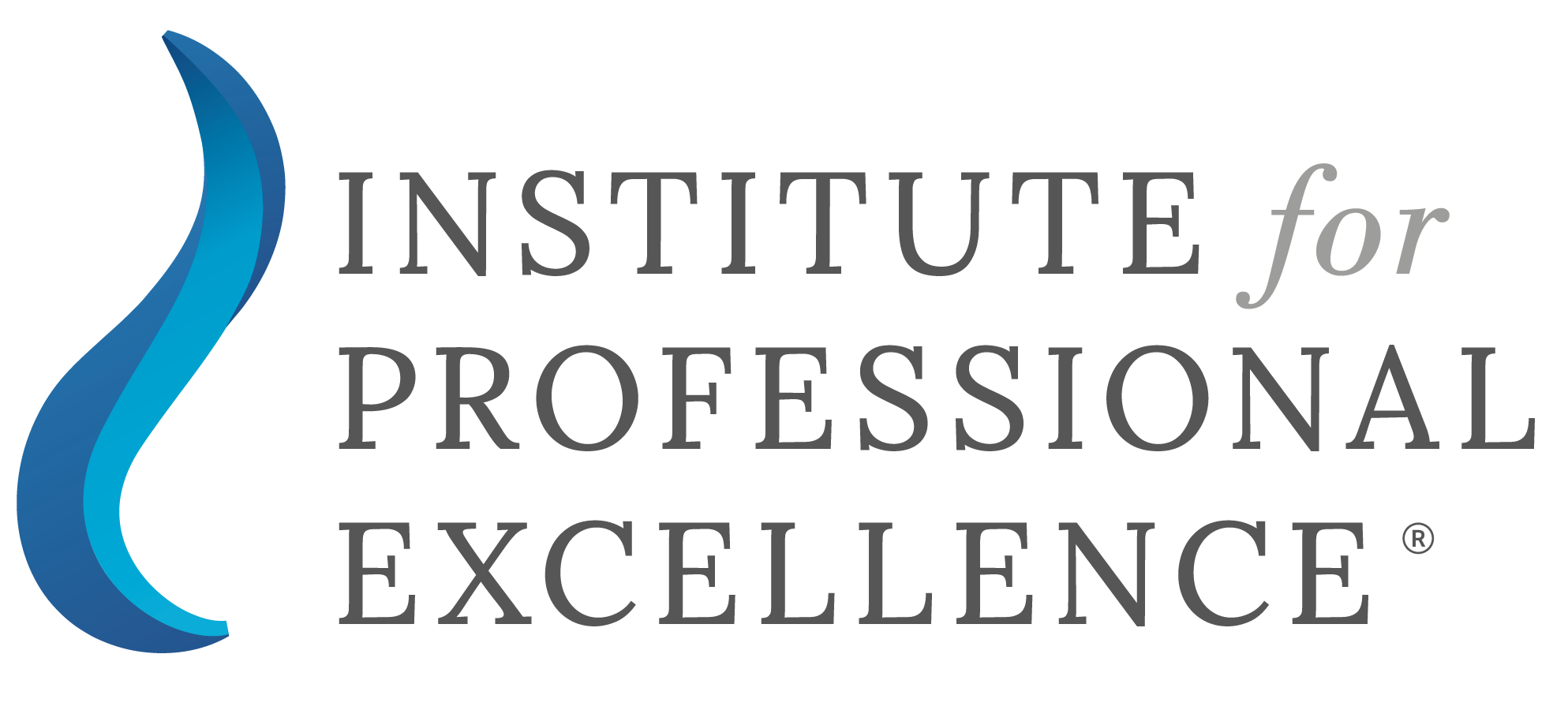Why is it important to have an effective Compliance Monitoring Program?
As more regulatory requirements imposed by European and subsequently national competent authorities become more demanding, an effective Compliance Monitoring Program (CMP) can be the answer in establishing strong compliance culture. The CMP is an essential tool for monitoring and managing the compliance risk stemming from the operations of an investment firm.
With this blog post, the team at the Institute for Professional Excellence (IforPE) wishes to outline important information about the Compliance Risk Assessment objectives, the Compliance Function organisational requirements and the CMP aim and characteristics. Further, a complete online course is offered through the IforPE platform, titled Compliance Monitoring Program (CMP) & Assessment.
At the end of this post, you will be provided with further details on the knowledge and competencies you will acquire by completing the Compliance Monitoring Program & Assessment course and how they can be utilised in practice to ensure compliance with your regulatory requirements.
What are the Compliance Risk Assessment objectives?
The procedure of Compliance Risk Assessment (CRA) is to evaluate the compliance risk and determine the focus to be provided by the monitoring, advisory and assistance activities performed by the Compliance Function. In this respect the CRA considers the following:
- the firm’s applicable regulatory obligations,
- the policies and procedures implemented,
- the systems and controls employed for the provision of investment services,
- the results of monitoring activities,
- the findings of internal and external audits performed.
In this way, the CRA identifies existing and potential risks and proposes the monitoring frequency to be applied by the CMP.
The CMP aim and characteristics
The CMP aims to determine whether the business operations and activities are conducted in compliance with the provisions of the applicable legal framework. Furthermore, it evaluates whether internal policies remain effective and appropriate. The CMP must cover all areas associated with the provision of investment and ancillary services and carry the following characteristics:
- established by the Compliance Function,
- is risk-based,
- results in the efficient allocation of the compliance resources available,
- considers changes occurred to the risk profile of the business,
evaluates the implementation of remedial actions taken and their effectiveness,
- outlines the frequency of monitoring activities based on the set priorities.
It is important for the information disseminated to include warnings, provide guidance regarding the associated risks and clarify for which type of clients each product is suitable.
What is the Compliance Monitoring Program (CMP) & Assessment course and what does it include?
Professionals who undertake this course will be equipped with the competencies to build or enhance a Compliance Monitoring Program based on the Compliance Risk Assessment results. In addition, professionals will acquire the necessary knowledge to identify weaknesses within the Compliance Function activities and rectify them by adopting CySEC’s proposed practices.
The syllabus of the CMP & Assessment course includes:
- Compliance Risk Assessment (CRA)
- Purpose & Objectives of the Compliance Risk Assessment (CRA)
- How the Compliance Risk Assessment (CRA) affects the Compliance Monitoring Program (CMP)? - Compliance Function
- Responsibilities
- Effectiveness, permanence & independence- Organisational requirements- Monitoring obligations- Compliance Function – Q&As - Compliance Monitoring Program features
- Compliance Monitoring Program- Aim & Characteristics- Type and frequency of monitoring activities- Tools and methodologies- Compliance reports - Inspection areas & Compliance tips
- Policies & Procedures- Organisational requirements – Inspection areas & Methodology- Operating conditions – Inspection areas & Methodology- Client accounts: opening & closing - Departmental inspection areas & Compliance tips
- Back Office Department- AML Department- Accounting & Finance- Provision of Services- Business Development & Marketing- Customer Support- Information Technology - CySEC Desk-based Reviews – Circular C441
- Common deficiencies- Good practices
The material of the CMP & Assessment course is provided both in PDF slides and online video recordings, suitable for self-paced learning. Learners enrolled in the course have the flexibility to learn wherever and whenever.
At the end of the course, learners are given the opportunity to test the acquired knowledge by undertaking test questions relevant to the material covered.
The completion of the CMP & Assessment course counts toward the Continuous Professional Development (CPD) annual requirements of professionals, holders of the CySEC Advanced, Basic and AML certifications.
If you have any questions about the CMP & Assessment course or any other questions related to your training requirements, please contact us - we would love to help.
From all of us at IforPE, the Institute for Professional Excellence,
Ancora Imparo

The Institute for Professional Excellence (IforPE)
Copyright © 2019-2026
navigate
The Institute for Professional Excellence is protected under a registered European trade mark. The figurative trade mark registration number is 018854840. This trade mark is protected under the European Union's legislation.
